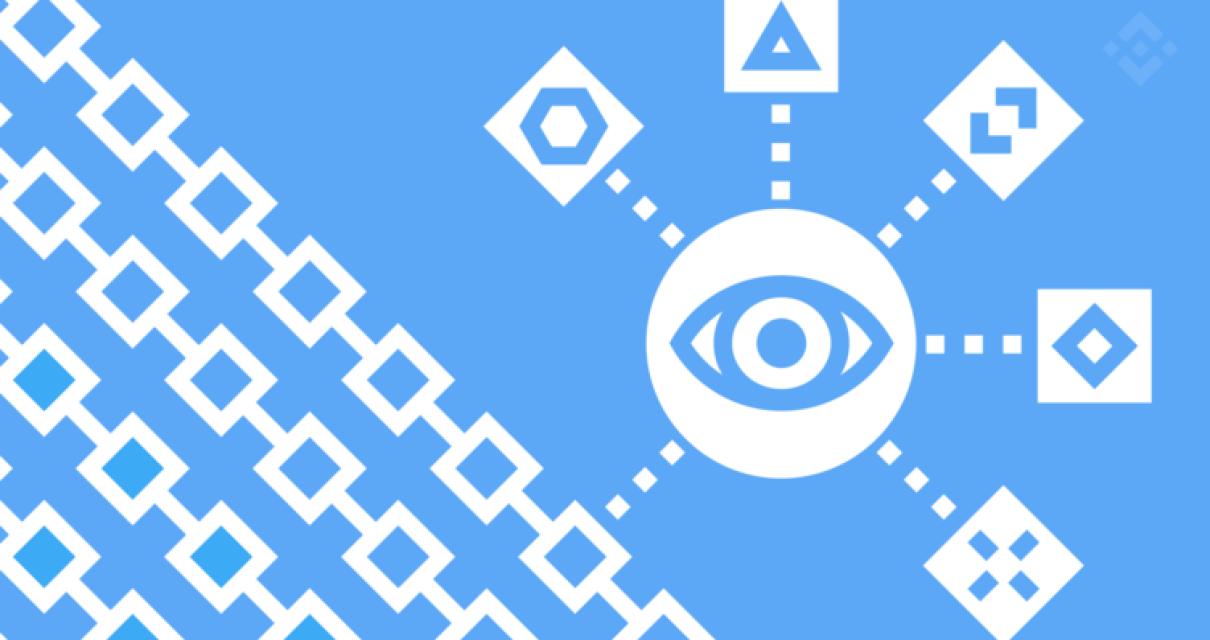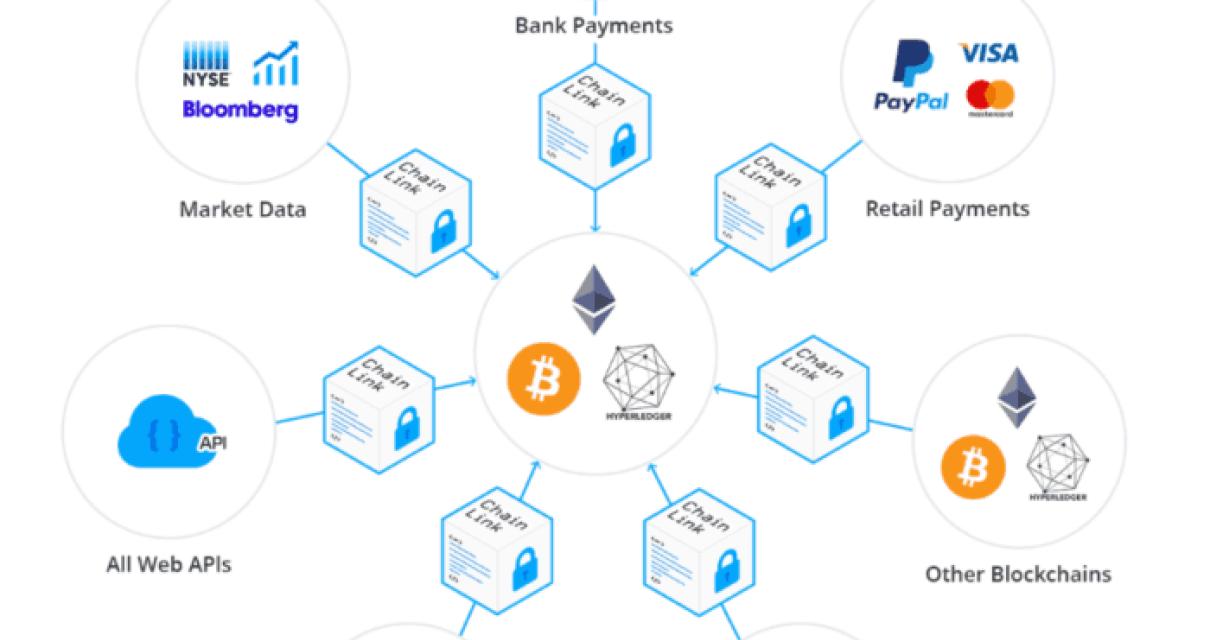What Is An Oracle In Blockchain?
An Oracle in blockchain is a computer that provides information related to the blockchain network. This information can be used to verify and validate transactions on the network. oracles can also help developers build new applications on the blockchain.
How Do Oracles Work In Blockchain?
There are a few ways in which oracles work in blockchain. One way is through a trusted third-party, such as an insurance company or a bank. This third party can provide data about the real world, and it can be used to verify transactions on the blockchain. Another way is through a smart contract. This is a contract that is written in code, and it can be used to automate certain processes on the blockchain. The contract can be programmed to ask an oracle for information, and the oracle can then provide the information.
What Are The Benefits Of Using Oracles In Blockchain?
There are many benefits of using oracles in blockchain. These benefits include:
1. Transparency and Accuracy:
Oracles provide transparency and accuracy in blockchain networks. This is because oracles can provide real-time information about the state of a blockchain network. This information is essential for verifying and validating transactions in a blockchain network.
2. Increased Security:
Oracles help increase the security of blockchain networks by providing verification and validation of transactions. This helps to ensure that all transactions in a blockchain network are legitimate and accurate.
3. Increased Speed and Efficiency:
Oracles speed up the process of verifying and validating transactions in a blockchain network. This is because oracles can provide real-time information about the state of a blockchain network.
4. Reduced Costs and Timeframe:
Oracles can reduce the costs and timeframes associated with verifying and validating transactions in a blockchain network. This is because oracles can provide real-time information about the state of a blockchain network.
What Are The Risks Of Using Oracles In Blockchain?
There are a few risks associated with using oracles in blockchain. The first is that oracles can be hacked, and their data can be tampered with. This could potentially lead to incorrect or misleading information being displayed on the blockchain, which could cause a lot of confusion among users. Additionally, oracles can act as a way for malicious actors to steal cryptocurrency from unsuspecting users. If an oracle is compromised, it could provide attackers with access to user data, which could enable them to steal sensitive information such as wallet addresses. Finally, oracles can also be unreliable, which could lead to them providing inaccurate information. If this happens, it could lead to users losing money as a result.

How To Use Oracles In Blockchain?
An oracle is an entity that provides information about the state of the world that is not directly accessible by humans. Oracles can be used in blockchain to provide information about the state of the blockchain network and its transactions. This information can be used to make decisions about how to operate the blockchain network and to verify the accuracy of the blockchain ledger.
What Are The Best Oracles In Blockchain?
There is no one definitive answer to this question. Some oracles may be more reliable than others, depending on their track record and the accuracy of their predictions. Ultimately, it is up to the individual user to decide which oracles they trust most.

How To Find An Oracle In Blockchain?
There is no one-size-fits-all answer to this question, as the best way to find an oracle in blockchain depends on the specific needs of the project. However, some tips on how to find an oracle in blockchain include using online resources, speaking with other developers, and searching for open-source implementations of oracles.
What Is The Future Of Oracles In Blockchain?
It is difficult to predict the future of oracles in blockchain, as this technology has still been relatively new and is still being developed. However, oracles could potentially play a role in helping to scale blockchain networks and help to ensure that transactions are processed correctly. Additionally, oracles could help to ensure that data is accurate and reliable, which could help to improve the overall security of blockchain systems.